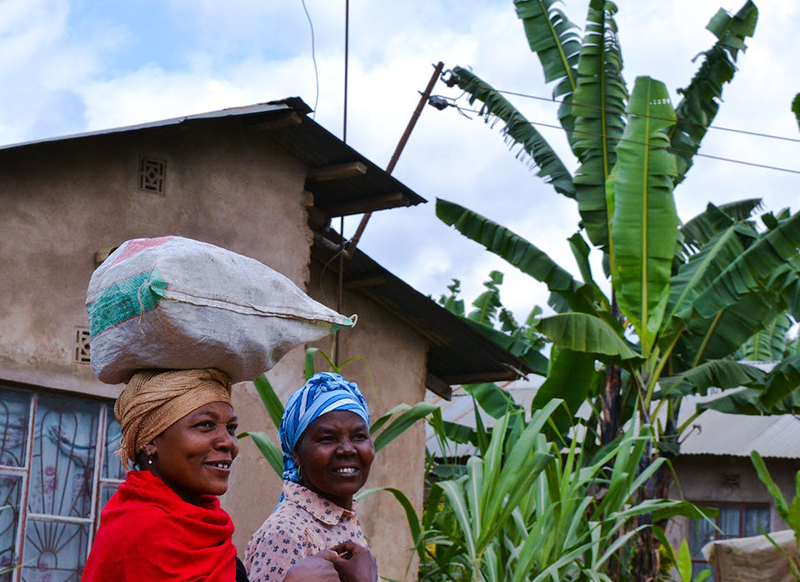
By Tshilidzi Madzivhandila
African Agri-Food System Transformation amidst the Challenges of Climate Change and World Food Crisis
Understanding the context of these challenges begins with geopolitics. The ongoing conflict between Russia and Ukraine profoundly impacts African food systems. As Africa relies heavily on food imports from both countries, including key commodities like sunflower oil and fertilizers. This disruption, compounded by conflict’s effect on global crude oil prices, is escalating production costs for African farmers who are already under duress. At the same time, climate change is exacerbating the situation, with accelerated global warming leading to more extreme weather events across Africa. As African agriculture predominantly depends on rainfall, these changing climate patterns pose severe challenges for food production. This dual impact of geopolitical strife and climate change underscores the urgency for Africa to adapt and find sustainable solutions for its agricultural sector.
Anticipated crop yield reductions of 10% due to climate change, compounded by geopolitical conflicts that disrupt key food and fertilizer imports from Russia and Ukraine, are exacerbating Africa's food crisis. Currently, an estimated 19.1% of Africans suffer from malnourishment, and 264 million are undernourished, with 20% facing hunger daily. The cost of food imports is projected to swell to $110 billion by 2025. Without swift and transformative changes in Africa’s food systems, achieving the 2030 development goals becomes an increasingly unattainable target.

For large-scale impact, it’s important to expand successful small-scale agricultural innovations to a broader, scalable level. This can be achieved through three key strategies:
First, scaling up involves enacting policy changes and reforms that provide an enabling environment. African governments should modify laws and regulations to facilitate the expansion of successful pilot initiatives.
Second, scaling out geographically is crucial, extending these innovations to new areas that have yet to benefit. By replicating pilot projects across wider territories, their impact can be significantly amplified.
Third, and most critically, financial scaling up is necessary to ensure these initiatives have a lasting impact and don’t lose momentum. This requires attracting greater private sector financing, fostering an investment-friendly climate and forming partnerships for risk-sharing.
The leading economies must recognize Africa's immense development needs, especially in food systems, agriculture, and environmental sustainability. To effectively foster meaningful changes in Africa, the leading economies’ support is essential in various critical areas:
First, enhancing productive capacity through skills training, technical know-how, and capital equipment investment. This approach will allow Africa to leverage agricultural innovations and enhance the value of its exported raw materials.
Second, encouraging diversification in global agricultural markets and policies is vital to reducing concentrated power and counter unfair trade practices. Currently, markets are dominated by a handful of major players and middle-income countries. One telling illustration of this imbalance is that annual net outflow of USD $82 billion from the global South to the global North. This troubling trend where the global South effectively subsidizes the North through unequal trade must be reversed. The global South needs greater inflows of finance, investment and more equitable trade relations.
Third, there is a pressing need to substantially increase climate financing for Africa. Access to climate funds is currently hindered by complex mechanisms. As an example, Africa requires around $130 billion per year to transition to clean energy and enhance climate resilience in its pursuit of net zero emissions. However, the existing climate financing is woefully inadequate.
Fourth, there is an urgent need to establish targeted bilateral and multilateral funding initiatives focused on climate adaptation, clean energy, and food security in the global South. Innovative funding schemes that simplify access and direct recourse for climate mitigation and adaptation to the most vulnerable nations can help address the imbalance in climate financing flows.
Fifth, generating opportunities for African trade, investment, and technology cooperation, are key to modernizing the agriculture and energy sectors.
Sixth, the promoting of South-South cooperation and self-reliance strategies using regional approaches is critical.
Finally, addressing the combined $696 billion debt burden of 49 African countries through coordinated debt relief initiatives is imperative. This approach will free up resources for development.
In summary, the world should lead in advancing sustainable development in Africa, focusing on building capacity, improving market access, enhancing climate financing, providing targeted assistance, facilitating trade and investment, fostering regional cooperation, and offering debt relief.







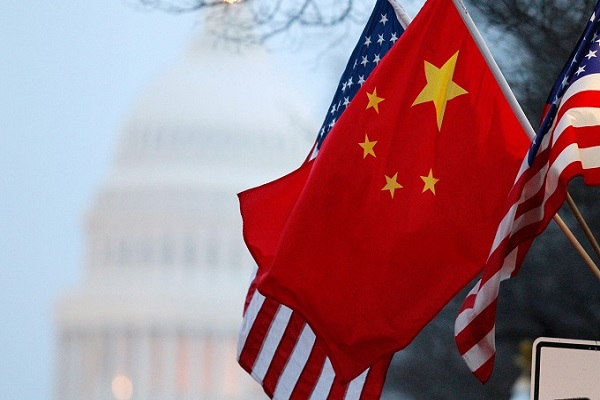



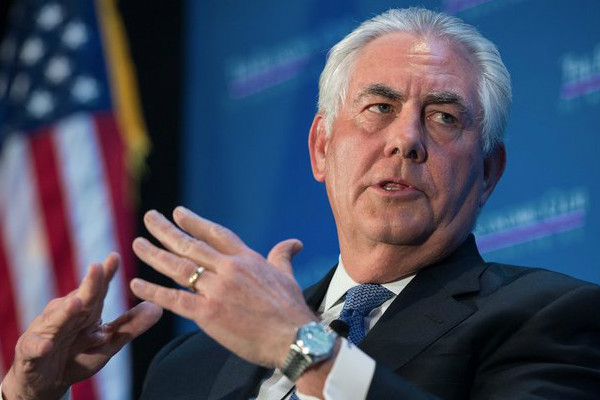








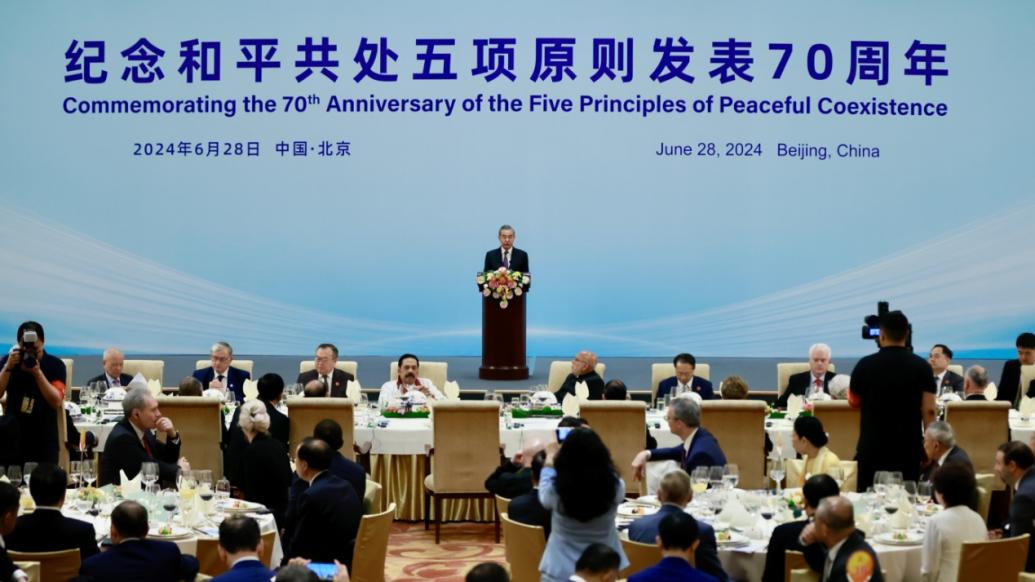

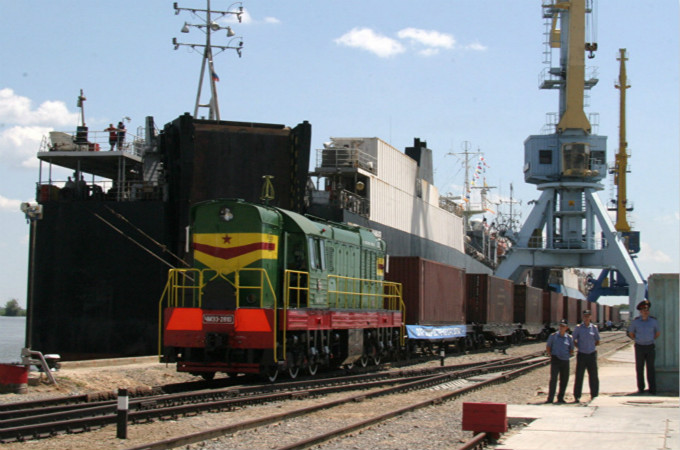





Leave a Reply
Your email address will not be published. Required fields are marked *